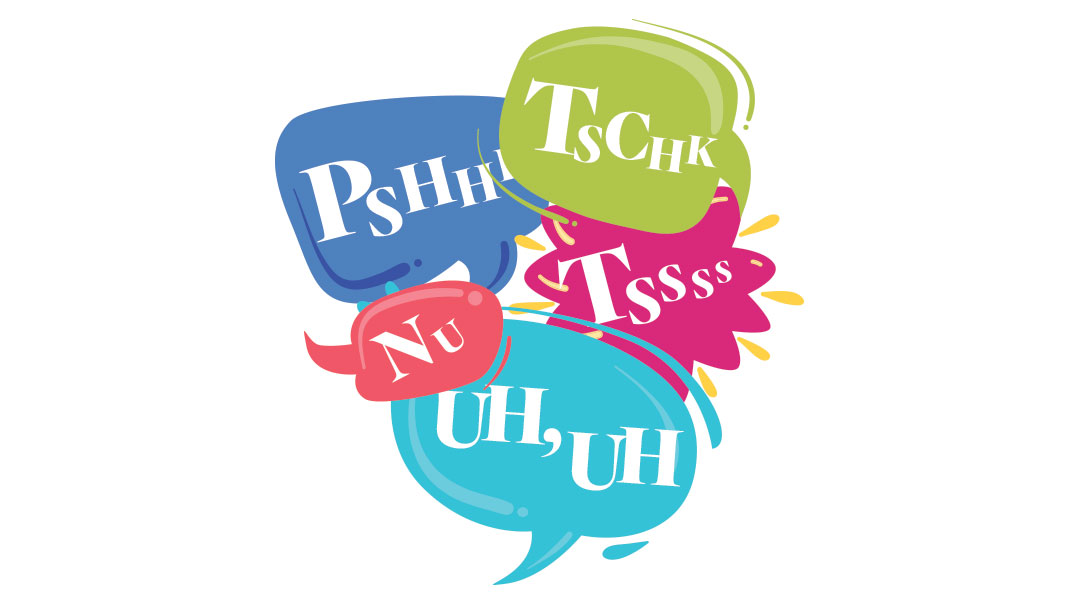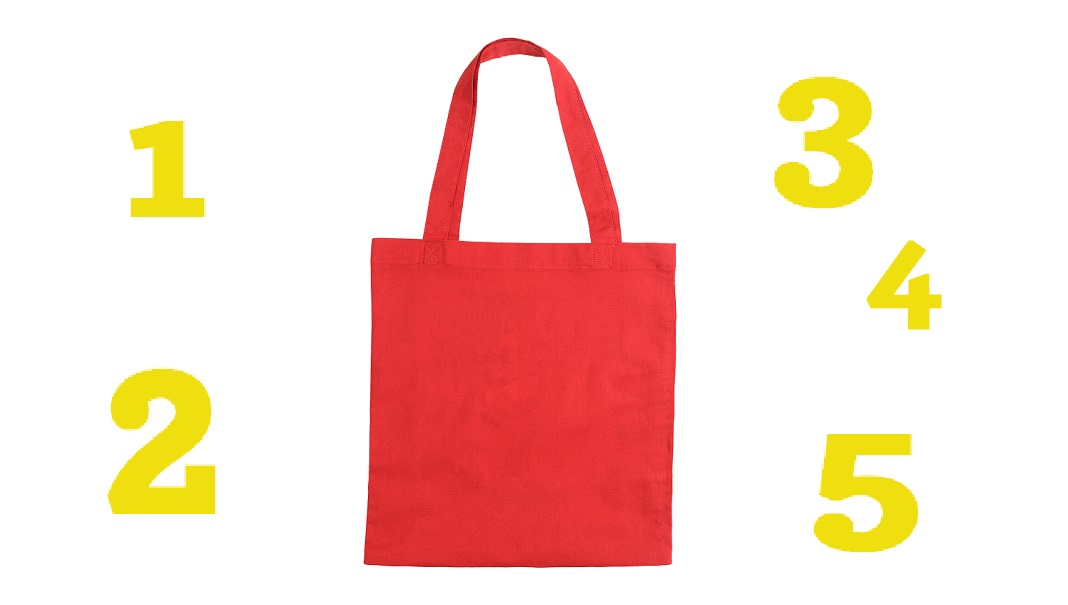Top 5 Ways Not to Ask Forgiveness

There are many ways to ask for mechilah, but sometimes we miss the mark

You don’t have to wait until this time of year to do teshuvah. Really, the moment you wrong someone, there’s already an obligation to make it right. I would find it frustrating if I found a note on my windshield, “I accidentally broke your mirror — will send check closer to Yom Kippur — ttyl.” But as the Tur explains (Orach Chayim 606) there is a special mitzvah to repair interpersonal relationships on Erev Yom Kippur. We enter the Yamim Noraim together, and to do so we have to mend the tattered binding that holds us all together. So, as these days approach, it’s no surprise that we will all likely receive our fair share of apologies, brachos, and warm wishes. My dear friend, Mitchell First, points out that the word “mechilah” does not appear anywhere in the Torah. Mechilah, he explains, may come from the same root as chalal, meaning an empty space. When we ask for mechilah we are creating space for one another. Over the course of the year our lives can become so congested with work and obligations that there is no room for our friends, family, or sometimes even ourselves. Mechilah creates space, enabling us to begin to untie and remove all of the baggage, frustrations, and apathy that have congealed over the preceding months. There are many ways to do this, but sometimes we miss the mark. Here is my list of top five ways our texts try to create space for another but just cause more clutter. I suggest exploring alternative means of excavating our lives to make room for those who matter.
The Passive-Aggressive Text
It’s no secret that I was an older single waiting for quite some time before meeting my wife. There seems to be an unspoken cycle in the Jewish community about how we send texts. When I first started dating, my pre-Yom Tov texts were more than just optimistic. Seemed like everyone who texted me was sharing a mystical prophecy. “This is your year!” I sure hope so. “It’s going to be this year!” Glad one of us is sure. But my cadre of momentary prophets started to get disappointed. Their texts became less certain—”Hope this is your year!” Me too! But at some point I became inundated with what I can only consider well-meaning passive-aggressive texts: “You should find clarity.” Eek! Is it so obvious that I’m confused? I know those who sent me “clarity” texts meant well. But it’s hard not to feel like a big mess when you scroll through two dozen texts that seem to highlight how confused the world thinks you are. Here’s a gentle suggestion from someone who was on the receiving end of a lot of clarity concern: Just send love, and let others figure out clarity on their own.
The WhatsApp Broadcast
Ever wonder what it would be like to run the Meaningful Minute? Ever stay up late at night wishing you were the admin for a bustling WhatsApp community? You’re not the only one. For those who don’t have the time to find the 60 seconds where Rav Gav is most inspirational, you can always play WhatsApp admin once-a-year before Yamim Noraim. As Yom Kippur approaches, my inbox becomes stuffed with inspirational WhatsApp admins who broadcast their sincerest wishes and deepest apologies to everyone on their contact list. I’m always left wondering what their non-Jewish coworkers think “mechilah” is. While it’s not the most personal way to connect, I guess it’s better than nothing. Just please don’t get offended by my response: “Automatic reply: Thank you for your mechilah request. I will be out of the office from Tuesday, October 8 and will extremely limited access to e-mail. Well, actually, no access. I will be back in the office Thursday, October 10 when we can discuss the ways in which you wronged me in person. In the interim, please enjoy this meaningful 60-second clip from Rav Gav.”
The Emoji
When my mother first discovered emojis, all of her texts began to resemble Egyptian hieroglyphics. She got a little carried away. But people love their emojis and before Yom Tov is no exception. I can only imagine the expression of the first person to discover there was both an apple and honey emojis. “OMG, my Rosh Hashanah texts are going to be amaaaaaazing.” So for all of my mother’s friends out there, I am so happy you’ve learned to navigate the emoji keyboard. Seriously, a big round of clap emojis on your collective behalf.
The If Apology
There are two letters that can ruin any apology: IF. Nothing ruins a sincere “I’m sorry I hurt your feelings” like adding these two awful letters and transforming an earnest gesture toward forgiveness into a conditional hedge. Subtle differences can have major implications. When you add “if” into an apology, you’re basically shifting the responsibility from yourself onto the recipient. “I’m sorry if…” says I’m sorry, but maybe this wouldn’t be necessary if you weren’t such a drama queen. If you want to sound sincere, delete your ifs.
Just in Case
Look, I don’t know how to put this — but I’m kind of a big tzaddik. There’s nothing like taking time during an apology to assert your righteousness. I always appreciate requests for mechilah that are prefaced with the disclaimer, “I can’t really think of anything, but just in case.” Is this supposed to be a scavenger hunt where I help them uncover some forgotten wrongdoing? Are they looking for a hint or maybe a quick game of hot and cold? “The office?” “Getting warmer…” Apologies should not sound or feel like a long legal disclaimer at the bottom of an e-mail. And just because you “can’t think of anything” doesn’t mean you have to announce it. General apologies work too. I have found that the greater the person, the more willing they are to make themselves vulnerable. To this day, I remember how Ner Israel’s Rav Tzvi Einstadter would say, “I am sorry” to his entire shiur. Nothing specific, but he didn’t have to announce what he could and could not remember either. All meaningful relationships need mending from time to time. He gathered all his talmidim. His voice would shake ever so slightly. And he would say, “I’m sorry.” A rebbi making sure there was space for all of his talmidim.
(Originally featured in Mishpacha, Issue 779)
Oops! We could not locate your form.







